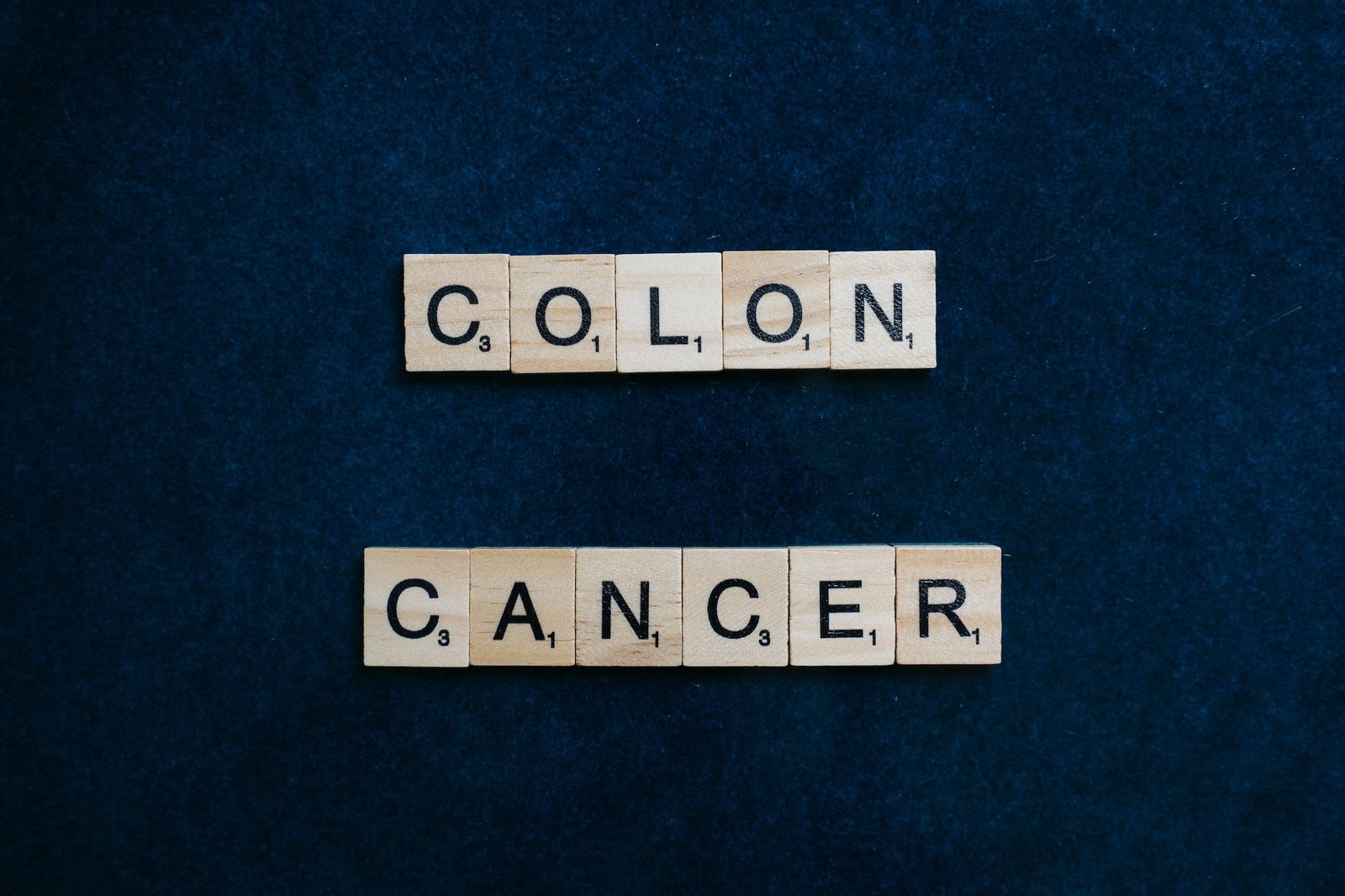
Colon Treatment: The Key to Overcoming Colon Cancer

Colon Treatment: The Key to Overcoming Colon Cancer
Introduction
In recent years, colon cancer has become a growing concern worldwide. With its devastating impact on individuals and families, it's essential to understand the best treatment options available. This comprehensive article, Colon Treatment: The Key to Overcoming Colon Cancer, aims to shed light on the most effective colon treatment strategies, providing valuable insights into how to combat colon cancer and improve overall health outcomes.
Understanding Colon Cancer
Colon cancer, also known as colorectal cancer, is a malignant growth that develops in the colon or rectum. It occurs when abnormal cells in the colon multiply uncontrollably, forming tumors. While the exact causes of colon cancer remain unclear, various factors, such as genetic predisposition, lifestyle choices, and certain medical conditions, can contribute to its development.
Early Detection: A Game-Changer
Detecting colon cancer in its early stages significantly improves the chances of successful treatment. Regular screening and early diagnosis are crucial for effective intervention. Methods like colonoscopies and fecal occult blood tests (FOBT) aid in identifying precancerous polyps or early-stage cancer cells, allowing medical professionals to intervene promptly.
Surgical Interventions: Removing the Threat
When it comes to treating colon cancer, surgery plays a pivotal role. Depending on the stage and extent of cancer, several surgical options are available:
1. Polypectomy
For small polyps or early-stage cancer, a polypectomy is often performed. During this minimally invasive procedure, a colonoscope is used to remove the polyp or abnormal growth, eliminating the potential risk of it becoming cancerous.
2. Colectomy
In cases where cancer has spread beyond the polyp, a colectomy may be recommended. This surgical procedure involves removing a section or the entire colon, depending on the extent of the disease. The remaining sections are then reconnected to ensure the continuity of the digestive system.
3. Colostomy
In advanced cases where cancer has extensively affected the colon, a colostomy might be necessary. This procedure involves creating an opening (stoma) in the abdominal wall, allowing waste to exit the body into a colostomy bag. While it may be a significant adjustment, it can greatly improve the quality of life for individuals with advanced colon cancer.
Targeted Therapies: Precision Medicine for Colon Cancer
Apart from surgery, targeted therapies have emerged as a groundbreaking approach to treating colon cancer. These therapies focus on specific genetic mutations and molecular markers present in cancer cells, aiming to inhibit their growth and spread. Some of the most common targeted therapies include:
1. Immunotherapy
Immunotherapy harnesses the body's immune system to identify and attack cancer cells. It stimulates the immune response, helping the body recognize and destroy cancerous cells more effectively. This treatment option has shown promising results in treating advanced colon cancer and has become an essential part of the overall treatment strategy.
2. Angiogenesis Inhibitors
Angiogenesis inhibitors prevent the formation of new blood vessels that tumors rely on for nourishment and growth. By cutting off the blood supply to cancerous cells, these drugs hinder their ability to grow and spread. This targeted therapy approach has demonstrated positive outcomes, particularly when combined with other treatment modalities.
3. Epidermal Growth Factor Receptor (EGFR) Inhibitors
EGFR inhibitors are drugs that block the activity of epidermal growth factor receptors, which are often overexpressed in colon cancer cells. By inhibiting these receptors, the growth and survival of cancer cells can be suppressed, improving treatment outcomes.
Integrative Approaches: Nurturing the Body and Mind
In addition to medical interventions, embracing an integrative approach to colon cancer treatment can significantly impact patients' overall well-being. Here are some key strategies to consider:
1. Nutrition and Diet
Adopting a nutrient-rich, balanced diet can bolster the body's immune system and support the healing process. Foods rich in fiber, antioxidants, and omega-3 fatty acids are particularly beneficial. Consulting a registered dietitian can help create a personalized diet plan that suits individual needs.
2. Physical Activity
Regular exercise not only helps maintain a healthy weight but also enhances overall fitness and improves mood. Engaging in activities like walking, swimming, or yoga can aid in reducing stress and promoting a positive mindset during the treatment journey.
3. Emotional Support
Seeking emotional support through counseling, support groups, or therapy can be invaluable for individuals battling colon cancer. Openly expressing fears, concerns, and emotions can provide a sense of relief and foster resilience throughout the treatment process.
Conclusion
Colon cancer is a formidable adversary, but with the right treatment strategies and a proactive mindset, it can be overcome. From early detection through screening to surgical interventions, targeted therapies, and integrative approaches, a comprehensive treatment plan offers hope and improved outcomes. By staying informed, seeking medical guidance, and adopting a holistic approach, individuals can face colon cancer with strength, determination, and optimism. https://diabetescurenow.com/









